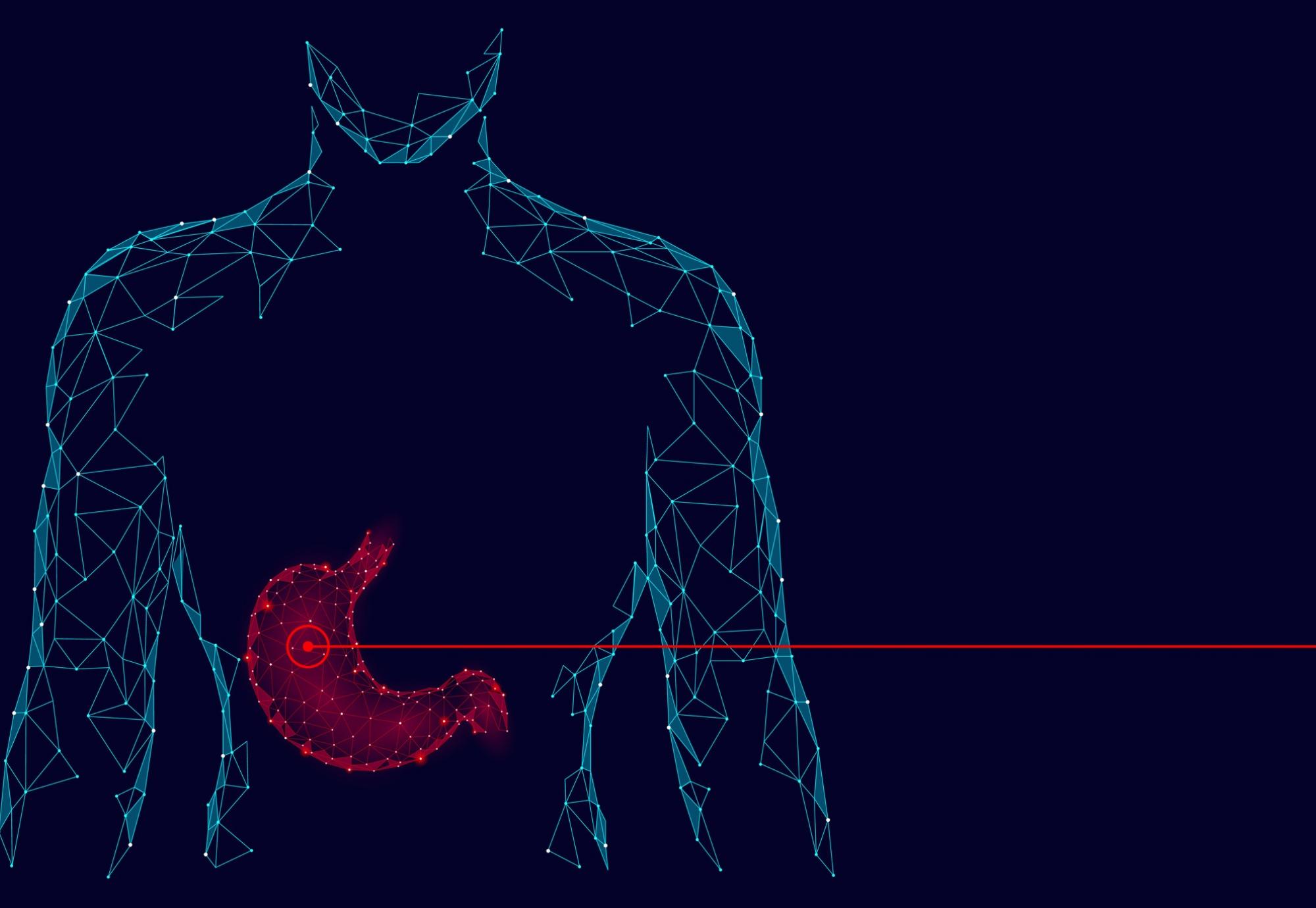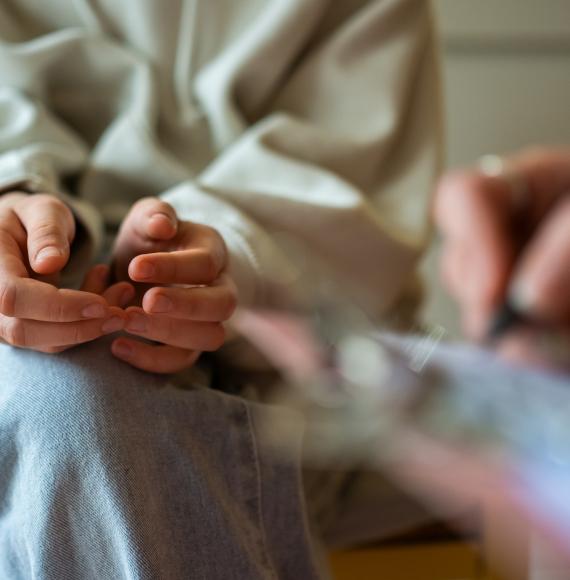Researchers at the University of Manchester and Manchester University NHS FT have reportedly found a new way to successfully treat a rare genetic condition which causes inflammatory bowel disease using bone marrow transplantation.
The rare disease, called G6PC3 deficiency, affects around one in every million people and causes inflammation of the bowel, as well as lung infections.
Research carried out by the team also showed inflammation being triggered by white blood cells called neutrophils, when exposed to gut bacteria, in affected patients. That was despite treatment with commonly available biological therapies.
Neutrophils – which form pus - are deployed by the body to remove bacteria, particularly in the gut and lungs. The G6PC3 gene, which is deficient in sufferers of this disease, is important in sugar metabolism, which provides critical energy reserves for neutrophils – which will struggle to divide and function if deficient.
Patients in the trials were treated at the Royal Manchester Children’s Hospital, part of Manchester University NHS FT – which is one of the world’s leading centres for paediatric bone marrow transplantation.
Dr Peter Arkwright, Senior Lecturer at the University of Manchester and Consultant in Paediatric Immunology at the Royal Manchester Children’s Hospital, led the study.
Professor Tracy Hussell, Director of the Lydia Becker Institute of Immunology and Inflammation and NIHR Manchester Biomedical Research Centre Researcher, worked as co-lead.
Dr Arkwright said: “Although IBD caused by G6PC3 deficiency is extremely rare and difficult to diagnose, it’s thrilling that we have found a way to successfully treat it in these four children.
“It’s rare to say a cure has been found for any disease, but I think in this case, it’s perfectly accurate to say this.
“Our paper has also shown beyond any doubt that IBD G6PC3 deficiency can cause IBD.”
Children with the deficiency are often diagnosed in the first few years of their life, though some aren’t diagnosed until they are 11 and 12.
Due to difficulties in detecting the disease or receiving transplant, adults may also be affected.
Around 10 days after the bone marrow transfusion, either from relatives or members of the bone marrow registry, research showed new neutrophils appearing – although the immune system can take between three and four months to recover.



















